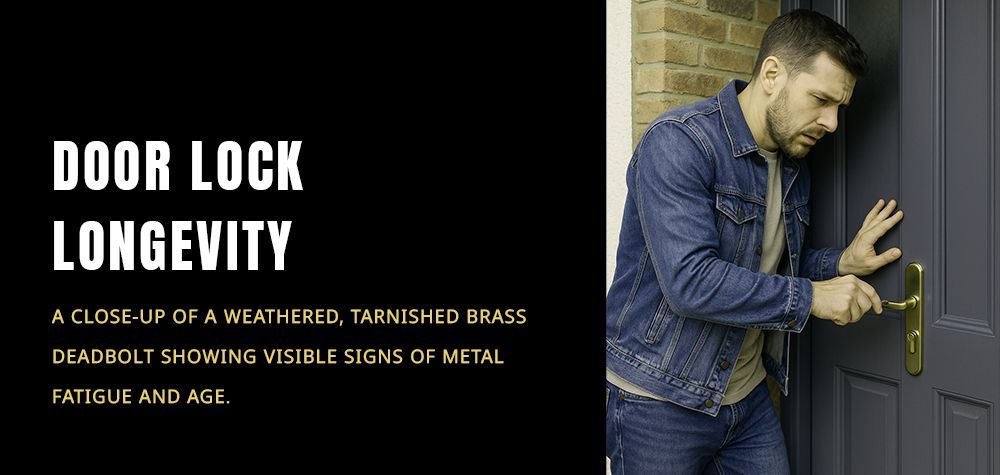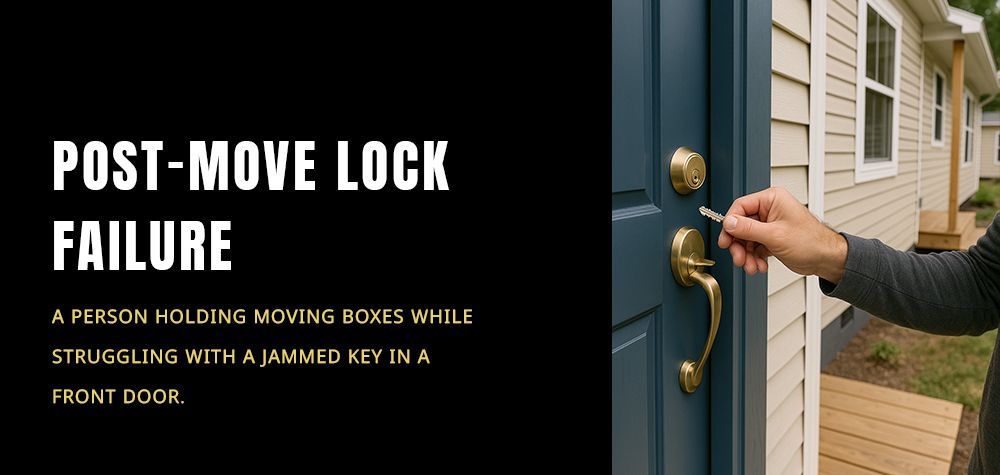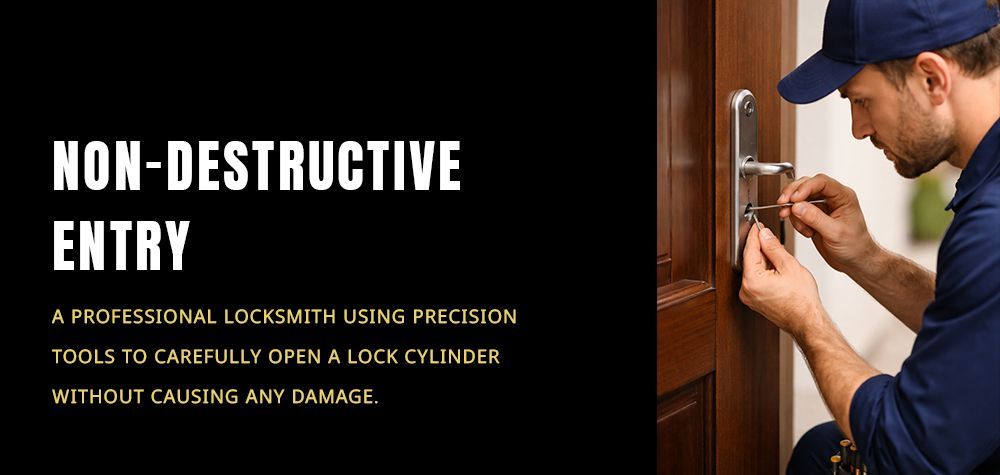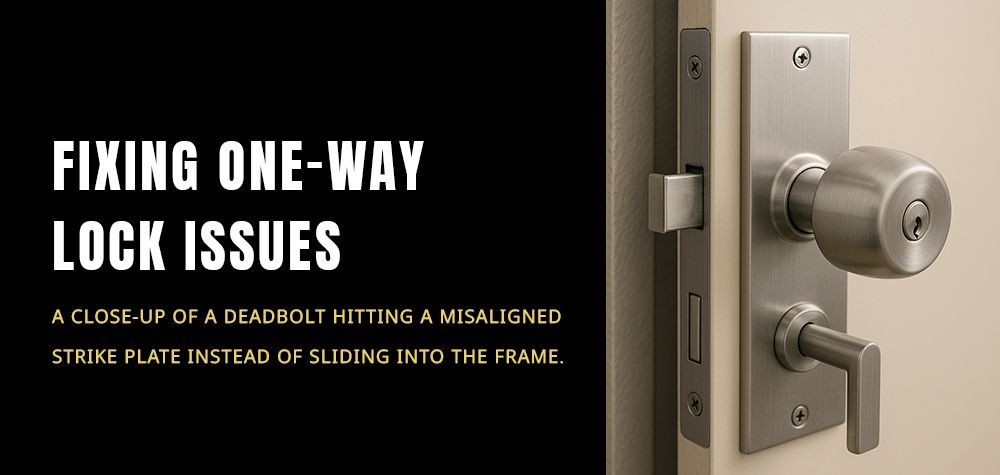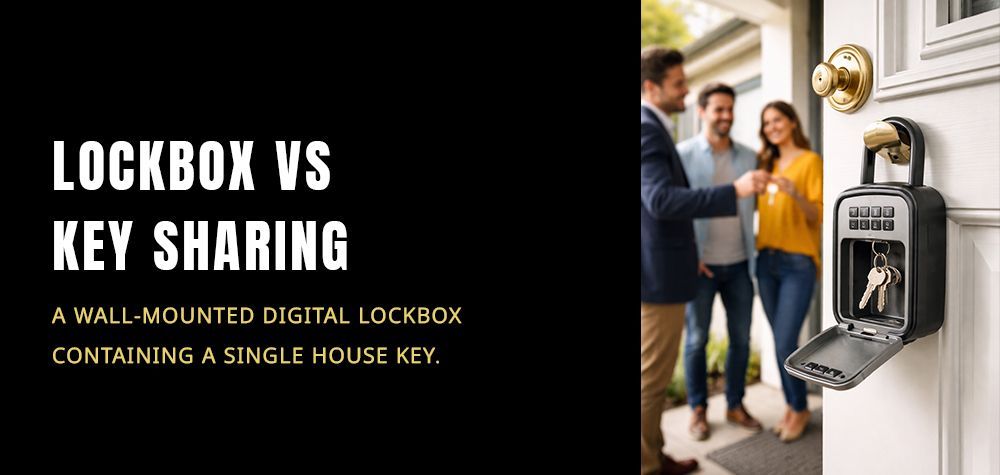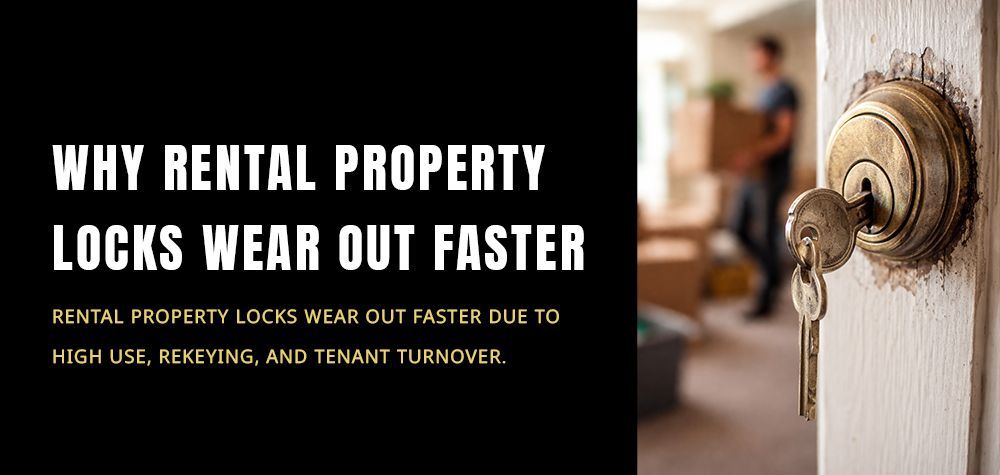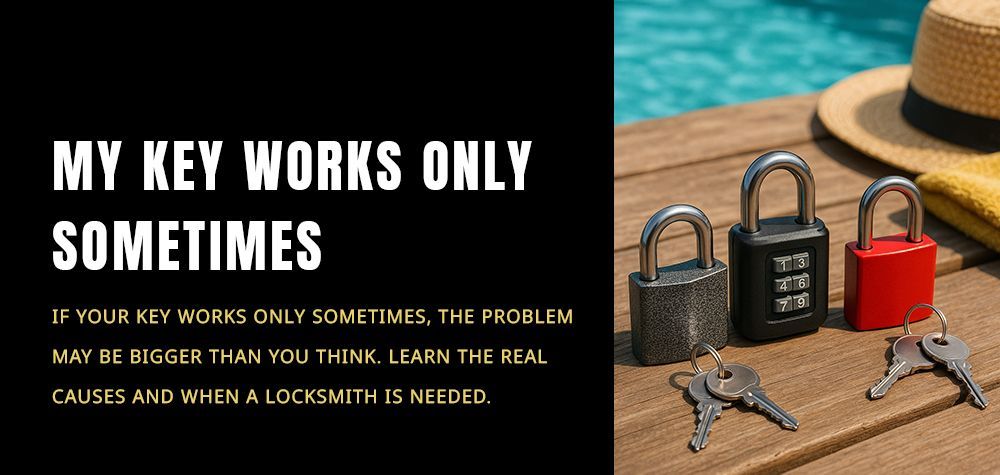Can I Rekey My Car Locks Myself?
When faced with a situation where you need to rekey your car locks, the thought of tackling the task yourself might cross your mind. Is it a feasible DIY project, or should you leave it to the professionals? In this guide, we'll explore the ins and outs of car lock rekeying, discussing the process, tools needed, potential challenges, and the best course of action.
Understanding Car Lock Rekeying
What is Car Lock Rekeying?
Car lock rekeying involves adjusting the internal components of the lock cylinder, rendering the existing keys ineffective. Essentially, it's a way to change the lock's configuration without replacing the entire mechanism. This process is commonly done for security reasons or when you want a new set of keys.
When to Consider Rekeying Your Car Locks
- Lost or Stolen Keys: If your car keys are lost or stolen, rekeying the locks becomes a crucial security measure.
- Purchasing a Used Car: When acquiring a used car, it's a good practice to rekey the locks to ensure you have sole access.
- Security Concerns: If you suspect unauthorized access or fear that someone might have a copy of your key, rekeying enhances security.
- Worn or Damaged Locks: Over time, locks can wear out or sustain damage, making rekeying a practical solution.
DIY Car Lock Rekeying: Pros and Cons
Pros
- Cost Savings: Doing it yourself can save money compared to hiring a professional locksmith.
- Convenience: If you're comfortable with DIY projects, rekeying your car locks at your pace can be convenient.
- Customization: You have control over the rekeying process and can customize it to your preferences.
Cons
- Skill and Knowledge: Car lock rekeying requires a certain level of locksmithing skill and knowledge of your specific car model.
- Risk of Damage: Without proper expertise, you might inadvertently damage the lock or key components, leading to additional costs.
- Time-Consuming: DIY rekeying can be time-consuming, and mistakes might prolong the process.
DIY Car Lock Rekeying Guide
Step 1: Gather the Necessary Tools
- Pinning kit or new key
- Slotted screwdriver
- Nose plier
- Filing tool (if no pinning kit)
Step 2: Learn the Lock Components
Refer to your car's manual or online resources to understand the specific components of your lock.
Step 3: Remove the Door Lock
Carefully disassemble the door lock, keeping track of each part's placement. Video recording can serve as a helpful reference.
Step 4: Disassemble the Lock Cylinder
Follow a meticulous process to disassemble the lock cylinder, keeping the tiny components organized.
Step 5: Insert New Pins
Arrange new pins to match the existing key or conduct trial-and-error with different pin sizes.
Step 6: Reassemble the Lock Cylinder
Put the components back together and test the rekeyed lock with the new key.
Best Choice for Car Lock Rekeying – Brothers Locksmith
While DIY rekeying is an option, the complexity and potential risks involved make it advisable to enlist the expertise of professionals. Brothers Locksmith offers:
- Expertise: Highly trained locksmiths with extensive experience in car lock rekeying.
- Efficiency: Swift and efficient services, ensuring your car is secure without unnecessary delays.
- Custom Solutions: Tailored solutions based on your specific needs and car model.
- 24/7 Availability: Emergency services available round the clock for your convenience.
Conclusion
Considering the intricacies of car lock rekeying, opting for professional assistance from Brothers Locksmith ensures a secure and efficient process. While DIY projects can be rewarding, the security of your vehicle is paramount, making professional locksmith services the best choice for this critical task.
Call Us Any Time!


